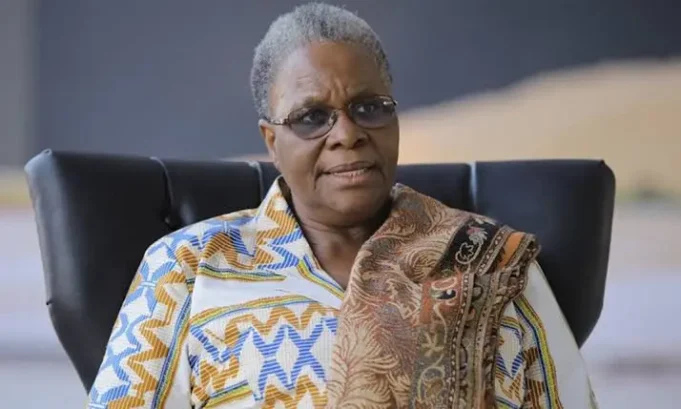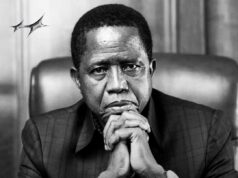Netumbo Nandi-Ndaitwah has carved her place in history, as Namibia’s first female president after she emerged victorious in the African country’s recently held presidential elections.
The 72-year-old leader from the ruling South West Africa People’s Organisation (SWAPO) clinched success as official results showed her getting 57 per cent of the votes, defying predictions that she might be forced into a runoff in what was one of the country’s most fiercely contested polls.
Nandi-Ndaitwah’s journey began as a 15-year-old young activist in Namibia’s liberation movement.
She joined the SWAPO-led resistance against South African rule, which had continued since World War I and was responsible for the implementation of apartheid in the country.
According to her official biography, Nandi-Ndaitwah’s activism led to her detention during student protests, after which she fled into exile, and continued to work with SWAPO in Zambia and Tanzania.
Over the years, she held key ministerial positions, including in women’s welfare, environment, tourism, and foreign affairs. Her reputation for integrity has set her apart from many in her party, as noted by political analyst Rakkel Andreas, who described her as a unifying figure within SWAPO.
“She is a stateswoman. She has been in some form of leadership since we gained independence,” Reuters quoted Andreas.
In March 2023, then-President Hage Geingob nominated Nandi-Ndaitwah as SWAPO’s presidential candidate. Following his death earlier this year, she became the country’s first female vice president. Nangolo Mbumba served as president temporarily but did not contest the election.
Namibia’s presidential election was marked by significant disputes, with nearly 15 political parties vying for power, making it the most competitive since independence.
However, the election day was marred by technical glitches, including shortages of ballot papers and other issues, causing election officials to extend voting for three days in some parts of the country.
Some opposition parties tried to stop the count as voting continued and criticised the election commission’s directive as an illegal move.
After the results were declared on Tuesday, SWAPO emerged the winner with a majority on 51 out of 96 elected national assembly seats. Panduleni Itula and his Independent Patriots for Change, which was founded in 2020 by a group of politicians who left SWAPO, won second place, with 20 seats. Thirteen other opposition parties shared the rest.




